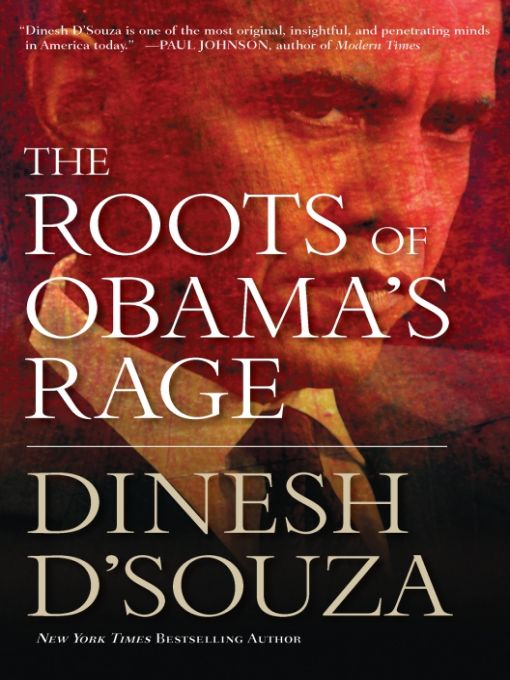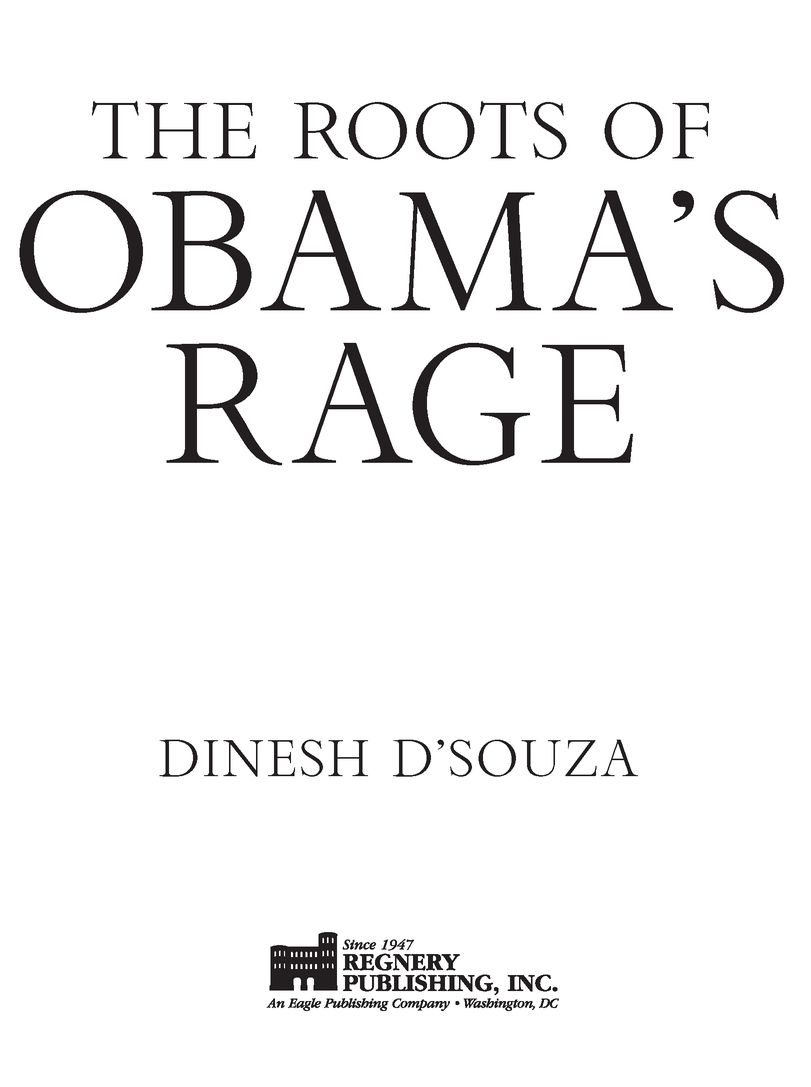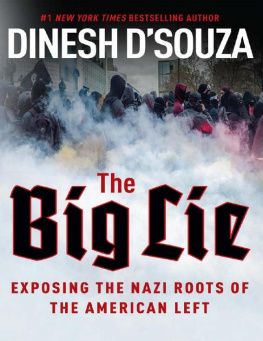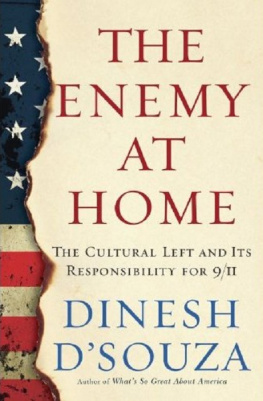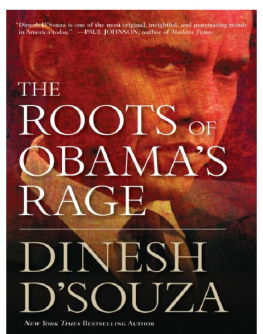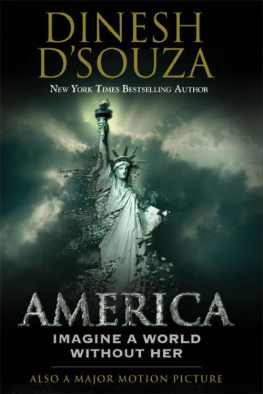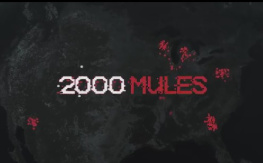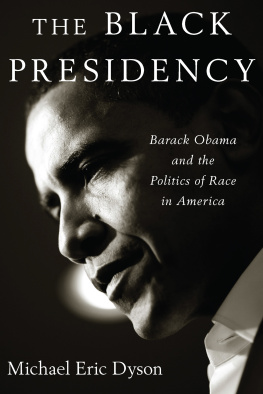Table of Contents
For Ed McVaney Friend and Co-Conspirator
CHAPTER 1
A TALE OF THREE DREAMS
Dreams are powerful things. Sometimes they have motivational power, as with Martin Luther Kings dream. King aspired to a color-blind society, and this guided his difficult striving. Dreams can also provide artistic inspiration, as when the Muse of the mind supplies ideas and images to the creative imagination. Here I think of Blakes sketches, Shakespeares comedies, Miltons Paradise Lost. For Freud, dreams were clues to repressed desires, wishes that could not be expressed, not only to society but even to the self. There are sweet dreams and whimsical dreams, but there are also dark dreams. Think of the war veteran who has nightmares of being tied up in a hut, or being starved and beaten by his captors. Thats a man who can wake up screaming. And there have been cases of men who are so preoccupied with their dark dreams that they have difficulty adjusting to contemporary reality. The dream, as it were, becomes a time machine. They live in the time machine, continuing to quixotically charge imaginary windmills and slay fictitious evil knights. The windmills and knights were real enough, but they belonged to another world, a world that is long gone, but a world etched into the fabric of human memory. Men who have dreams like that can be great visionaries, or leaders with a dangerous obsession. This book is about one such man, who happens to be the president of the United States.
Barack Obama is an enigmatic figure, a puzzle both to his adversaries and to his supporters. Somehow the Obama of the 2008 election campaign seems to have metamorphosed into a very different President Obama. The two men are not merely politically differentdifferent in their policy agendabut also psychologically different. The centrist, reassuring Obama is gone and has been replaced by a more detached, unreadable and, to some, even menacing Obama. Its hard for Americans to respond to Obama because we arent sure where he is coming from, what motivates him.
Who is Barack Obama? Richard Cohen titled a recent article in the Washington Post. Cohens answer: no one really knows. He led no movement, was spokesman for no ideology... he casts no shadow. Cohen contrasts Obama with Reagan. He notes that unlike Reagan, who connected so intimately with his supporters and so effectively with the country, Obama has left his own backers and indeed the nation at large guessing. Americans know Obamas smart, but we still dont know him.
Come to think of it, what did we ever really know about Obama? He is certainly the least-known figure ever to reach the presidency. The political mystery of his agenda is compounded by the psychological mystery of the man. Since he is our president, however, we had better try and figure out who he is and what he intends to do to America and the world. This book supplies the key.
This is not the book I set out to write. In fact, it represents my third take on Obama. If it took me, who shares so much in common with the man, three times to get this guy, I can see why he has eluded so many others. Despite our differences, Im a lot like Obama. Im a native of Mumbai, India, so I grew up in a different part of the world, as Obama did. Im nonwhite, as he is. He had a white mom and grew up in an interracial family; I have a white wife and we have a mixed-race daughter. Like Obama, I see America both from the inside and from the outside. We were born in the same year, 1961, so were the same age. Obama and I attended Ivy League colleges, graduating in the same year, 1983; we also got married in the same year, 1992. He went into elective politics, while I have spent my life writing about politics and once served in the White House as a policy adviser. In sum, both of us have cosmopolitan backgrounds, grew up in the same era, and have made our careers in American politics.
Im a conservative, and I didnt vote for Obama. During the 2008 presidential campaign, I read an interesting article in the London Telegraph titled Barack Obamas Lost Brother Found in Kenya. The article featured a picture of a 26-year-old man standing inside a ramshackle hut on the outskirts of Nairobi. CNN confirmed the story, reporting, We found Barack Obamas half-brother living in a Nairobi slum. He was George Hussein Obama, the product of a liaison between Barack Obama Sr. and an African woman. I live here on less than a dollar a month, George said. Humiliated by his poverty, he confessed he never mentioned his famous half-brother. I say we are not related. I am ashamed. In 2006, George briefly met Barack Obama, who was then a United States senator from Illinois, but felt as though he was talking to a total stranger. I found it remarkable that Barack Obama, who had a net worth of several million dollars and who was within striking distance of the worlds highest office, hadnt lifted a finger to help a destitute close relative.
Seeing from the article that George Obama aspired to be a mechanic, I started the George Obama Compassion Fund. On a daily blog I wrote for AOL at the time, I invited people to make small contributions to help George move out of his hut and get some training to realize his dreams. We raised a couple thousand dollars, and a Christian missionary promised he would deliver the money in person to George. Then I was contacted by a reporter for a large newspaper in Kenya who told me that the Obama family had refused the money. Evidently they had consulted with the Obama campaign and been told to go into hiding. My attempts to locate George proved unavailing. So I tore up the checks, figuring that perhaps I had jostled Obama into doing something for George, if only to save himself political embarrassment.
While I was puzzled by Obamas indifference to George, I did not join the conservative chorus bashing Obama. On the contrary, when Obama was elected I wrote a column for Townhall.com on Obama and Post-Racist America. In it I confessed I was moved by the sight of him taking the oath of office. To me, Obama wasnt just Americas first African American president; he also represented the promise of the end of racism. The End of Racism was the title of a controversial book I published in 1995. In it I contended that racism was no longer systemic; it was now episodic. It existed, but it no longer controlled the lives of blacks and other minorities. Racism could no longer explain why some people in America succeeded and others didnt.
That book might have been ahead of its time, but Obamas election seemed to show that I was basically right. Consider the oceans of ink that have been spilled in the past several decades about how America is a racist society, how bigotry runs in the veins of white America, how little real progress has been made, how far we still have to go, and so on. Would anyone who had been drinking this intellectual Kool-Aid for the past several years have been prepared for Obamas election? True, Obama was no Jesse Jackson. But precisely the difference between the two showed that individual conduct and demeanor, not skin color, was decisive. Obama didnt come across as a race hustler. He didnt seek to turn victimization into profit. Rather, he made his claims on their merits and appealed to shared American ideals. To borrow a line from Martin Luther King, he sought to be judged not by the color of his skin but by the content of his character. So Obamas election, I wrote, means that we are living in post-racist America. And thats something we could all celebrate.

